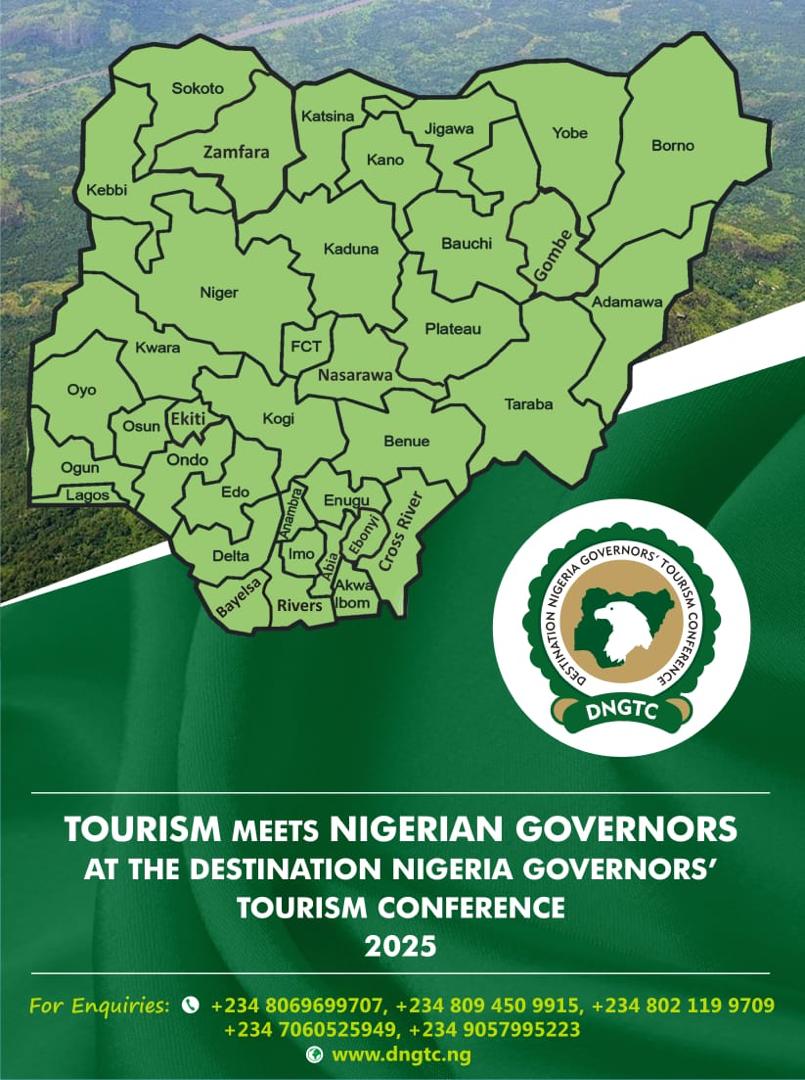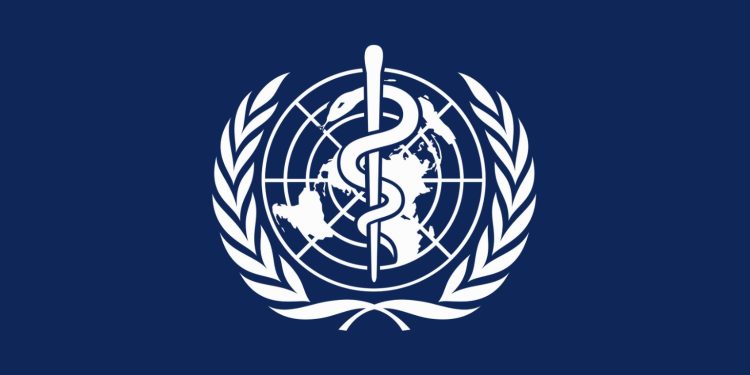The World Health Organization has commenced the distribution of critically -needed childhood cancer medicines in two of its six pilot countries.
In a publication made by the Agency on Tuesday stated that this in collaboration with St. Jude Children’s Research Hospital through the Global Platform for Access to Childhood Cancer Medicines.
It added that currently, these medicines are being delivered to Mongolia and Uzbekistan, with next shipments planned for Ecuador, Jordan, Nepal and Zambia.  While revealed that the treatments are expected to reach approximately 5000 children with cancer across at least 30 hospitals in these countries within this year.
While revealed that the treatments are expected to reach approximately 5000 children with cancer across at least 30 hospitals in these countries within this year.
The WHO said the global platform is a first initiative of its kind, saying countries in pilot phase will receive uninterrupted supply of quality-assured childhood cancer medicines at no cost.
“In low- and middle-income countries (LMICs) countries, childhood cancer survival rates are often below 30%, significantly lower than those in high- income countries. Six additional countries have been formally invited to join the platform”.
WHO stated that the initiative is poised to become the largest, with the goal of reaching 50 nations in the next 5 to 7 years.  The Agency added that the initiative aims to eventually provide medicines for the treatment of approximately 120 000 children with cancer in LMICs, significantly reducing mortality rates.
The Agency added that the initiative aims to eventually provide medicines for the treatment of approximately 120 000 children with cancer in LMICs, significantly reducing mortality rates.
WHO Director-General, Dr Tedro Ghebreyesus in his reaction said for too long, children with cancer have lacked access to life-saving medicines.
He added that this unique partnership between WHO and St. Jude is working to provide quality-assured cancer medicines to paediatric hospitals in low-and middle-income countries.
Ghebreyesus said “WHO is proud to be part of this joint initiative with St. Jude, bringing health and hope to children around the world”. It was reported that every year, an estimated 400 000 children worldwide develop cancer and the majority of these children, living in resource-limited settings, are unable to consistently obtain or afford cancer medicines.
It was reported that every year, an estimated 400 000 children worldwide develop cancer and the majority of these children, living in resource-limited settings, are unable to consistently obtain or afford cancer medicines.
While it is estimated that 70% of the children from these settings die from cancer due to factors such as lack of appropriate treatment, treatment disruptions or low-quality medicines.
Meanwhile, St. Jude and WHO announced the platform in 2021 to ensure children around the world have access to lifesaving treatments.
The platform brings together governments, the pharmaceutical industry and non-governmental organizations in a unique collaborative model focused on creating solutions for children with cancer.  The co-design approach addresses the broader needs of national stakeholders, with a focus on capacity building and long-term sustainability.
The co-design approach addresses the broader needs of national stakeholders, with a focus on capacity building and long-term sustainability.
Also, the platform provides comprehensive end-to-end support, from consolidating global demand to shaping the market, assisting countries with medicine selection and developing treatment standards.
It represents a transformative model for the broader global health community working together to tackle health challenges, in particular for children and noncommunicable diseases.
To accomplish this, St. Jude and WHO partner with UNICEF Supply Division, and the Pan American Health Organization (PAHO) Strategic Fund.
WHO begins distribution of childhood cancer medicines
Please login to join discussion











